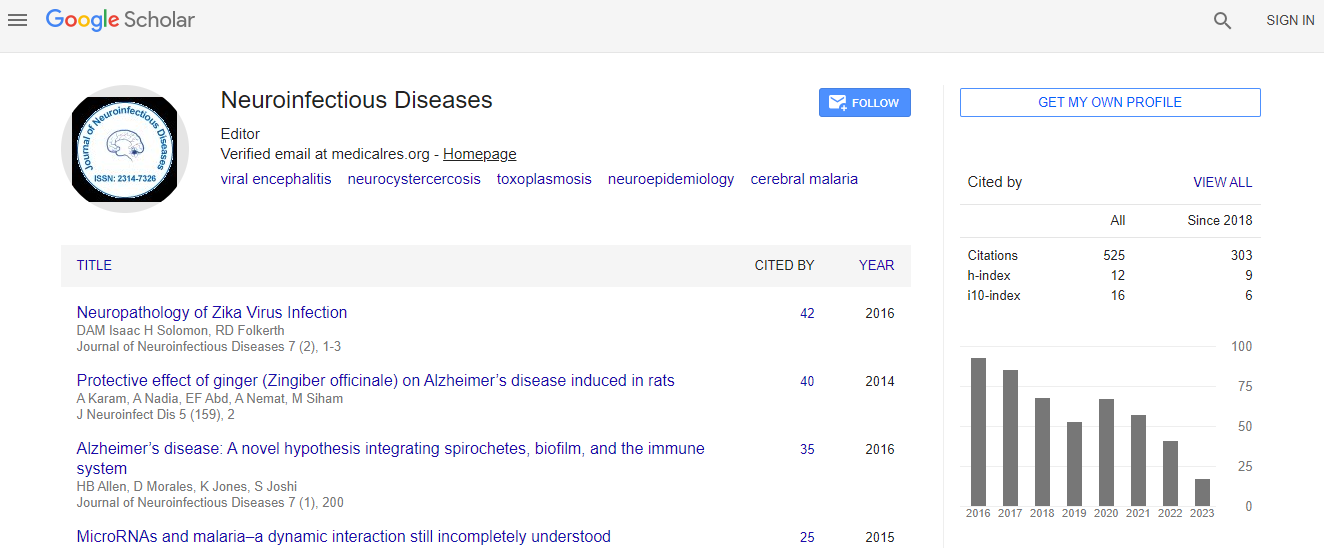Research Article
Decompressive Craniectomy and Partial Temporal Lobectomy for Herpes Simplex Virus Encephalitis with Refractory Intracranial Hypertension in an Adolescent
Stephen Ray1,2, Anand Iyer1, Conor Mallucci3, Tom Solomon2,4 and Rachel Kneen1,2*
1Littlewoods Neurosciences Unit, Alder Hey Children’s NHS Foundation Trust, UK.
2Institute of Infection and Global Health, University of Liverpool, UK.
3Department of Paediatric Neurosurgery, Alder Hey Children‘s NHS Foundation Trust, UK.
4Walton Centre for Neurology and Neurosurgery NHS Foundation Trust, UK.
- *Corresponding Author:
- Dr Rachel Kneen
Littlewood Neurosciences Unit
Alder Hey Children’s NHS Foundation Trust
Eaton Road, Liverpool, L12 2AP, UK
Tel: 01512525163
E-mail: rachel.kneen@liverpool.ac.uk
Received March 17, 2015; Accepted April 28, 2015; Published April 30, 2015
Citation: Ray S, Iyer A, Mallucci C, Solomon T, Kneen R (2015) Decompressive Craniectomy and Partial Temporal Lobectomy for Herpes Simplex Virus Encephalitis with Refractory Intracranial Hypertension in an Adolescent. J Neuroinfect Dis 6:174. doi: 10.4172/2314-7326.1000174
Copyright: © 2015 Ray S, et al. This is an open-access article distributed under the terms of the Creative Commons Attribution License, which permits unrestricted use, distribution, and reproduction in any medium, provided the original author and source are credited.
Abstract
Herpes simplex virus (HSV) encephalitis is an uncommon, but potentially devastating brain infection with significant morbidity and mortality. Some patients develop a brainstem herniation syndrome because the virus has a predilection for the temporal lobes despite prompt treatment with the antiviral drug aciclovir. We report a case of HSV encephalitis in an adolescent who developed severe cerebral oedema and subfalcine herniation which was refractory to medical management. He underwent a decompressive craniectomy with partial right temporal lobectomy. He made a rapid recovery with no physical deficits though he has some residual neuropsychological problems similar to those reported following HSV encephalitis previously.
Neurosurgical intervention appears to be uncommon in HSV encephalitis: to our knowledge only four other children are reported to have had a similar procedure. We describe our case in detail and provide a full review of the literature surrounding neurosurgical intervention in severe HSV encephalitis.

 Spanish
Spanish  Chinese
Chinese  Russian
Russian  German
German  French
French  Japanese
Japanese  Portuguese
Portuguese  Hindi
Hindi 
